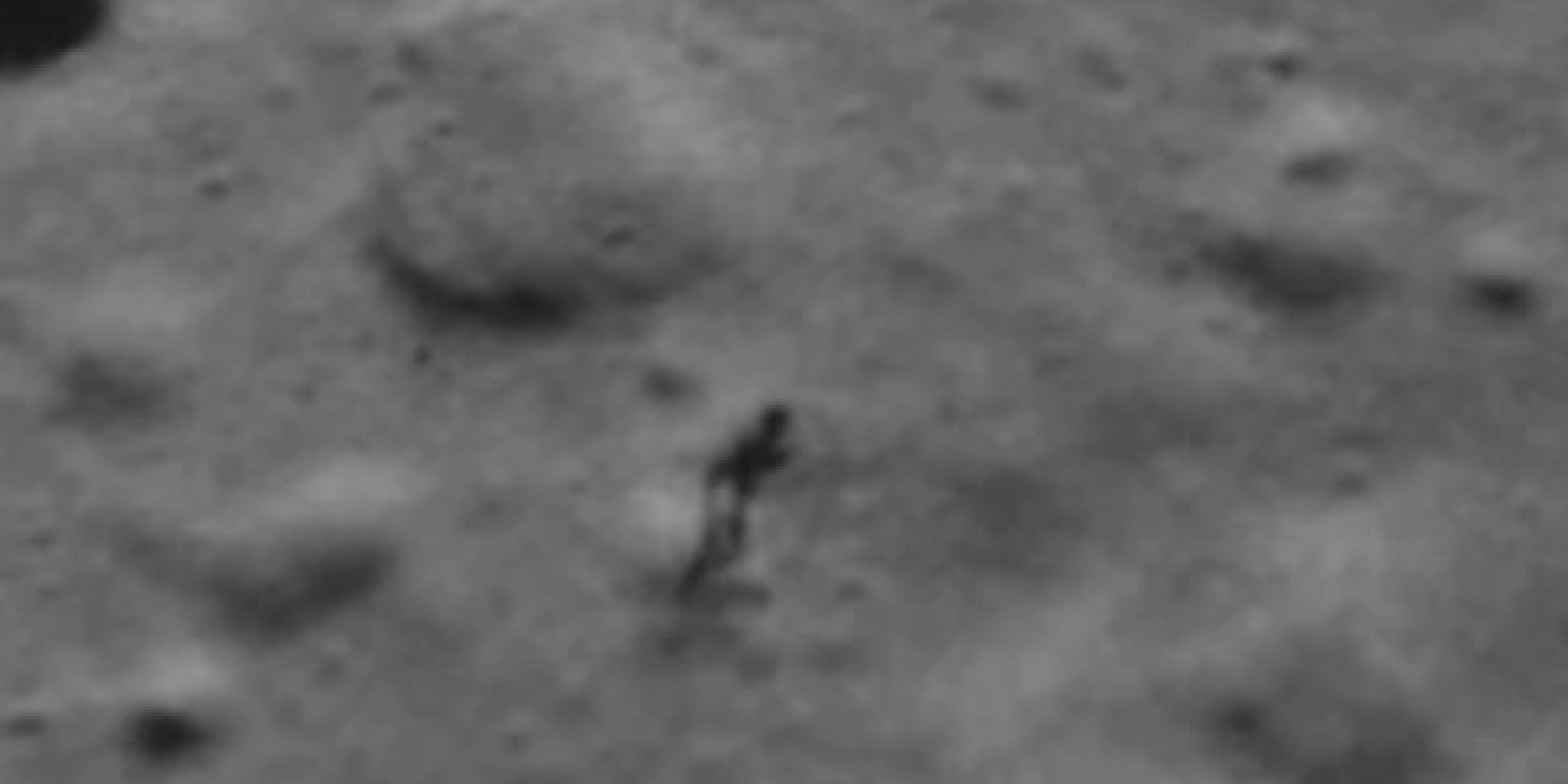


Other religious figures, including the Bishop of Buckingham Alan Wilson, Rabbi Jonathan Romain of Maidenhead Synagogue, and Imam Qari Asim of the Makkah Mosque in Leeds, said that Christian, Jewish, and Islamic teaching would not be affected by the discovery of alien life, The Times reported.

“Detection might come in a decade or only in future centuries or perhaps never at all, but if or where it does, it will be useful to have thought through the implications in advance.” University of Cambridge religious scholar, Rev Dr Andrew Davison considers the possibility of God creating life elsewhere in the universe, based on his research at Princeton.Īccording to the copy of his book, which the British newspaper The Times accessed, a “large number of people would turn to their religions traditions for guidance” on what alien life means “for the standing and dignity of human life”, noting:

“Religious traditions would be an important feature in how humanity would work through any such confirmation of life elsewhere,” Davidson shared in a blog post on the University of Cambridge site. In his forthcoming book, named Astrobiology and Christian Doctrine, Davison considers the possibility of God creating life elsewhere in the universe, based on his research at Princeton, emphasising the possibility of finding alien life is becoming more real. University of Cambridge religious scholar, Rev Dr Andrew Davison, who also holds a doctorate in biochemistry from Oxford, is among the participants of the NASA-sponsored programme at CTI. The program aims to assess how the world’s major religions would react to the existence of life beyond earth and how such a discovery could potentially impact the concept of God and creation. The centre, which received a $1.1 million NASA grant in 2014, describes its main objective as building “bridges of understanding” between academics of various disciplines, scientists, and policymakers on “global concerns.”Ī program at Princeton University’s Centre of Theological Inquiry aims to assess how the world’s major religions would react to the existence of life beyond earth. The US space agency NASA has reportedly recruited at least 24 scholars so far to participate in a program at Princeton University’s Centre of Theological Inquiry (CTI) in New Jersey. It also suggests that neither it nor the 2014 meteor will be the last.A priest, a rabbi and an imam are among theologians hired by NASA to examine how the world would react if life beyond earth was found on other planets. The memo confirms that Oumuamua was not the first interstellar visitor to the Solar system. However, the pair had been unable to get the paper published in a peer-reviewed journal because of its reliance on data from some sensors used by the US Department of Defence.īut now, on 1 March 2022, the US Space Command memo, signed by Joel Mozer, the chief scientist of US Space Operations Command, may help get the paper out of publishing limbo. The study reported the meteor as originating from interstellar space with “99.999 per cent confidence”. The famous interstellar object known as Oumuamua, which was discovered in 2017, has now become the second interstellar object to visit our solar system.ĭr Siraj and Dr Loeb wrote a paper in 2019 making the case for an extrasolar origin for the meteor and posted it to the scientific preprint server ArXiv. Space Command April 7, 2022Īccording to The Independent, the latest announcement pushes back the date of the first confirmed discovery of an extrasolar visitor by three years. Mozer, to confirm that a previously-detected interstellar object was indeed an interstellar object, a confirmation that assisted the broader astronomical community.” /PGlIOnCSrW- U.S. It said that the rocky body, measuring just 1.5 feet across, “was indeed an interstellar object”.Ħ/ “I had the pleasure of signing a memo with Chief Scientist, Dr. The US space department noted that the velocity and trajectory of the meteor suggested the space rock was extrasolar in origins. Taking to Twitter earlier this month, the USSC shared a memo confirming the work of Harvard astronomers Amir Siraj and Abraham Loeb that a space rock from another star system did strike Earth in 2014. The US Space Command (USSC) has recently confirmed that a meteor that hit Earth in January 2014 did come from another solar system and is, therefore, the first interstellar object.


 0 kommentar(er)
0 kommentar(er)
